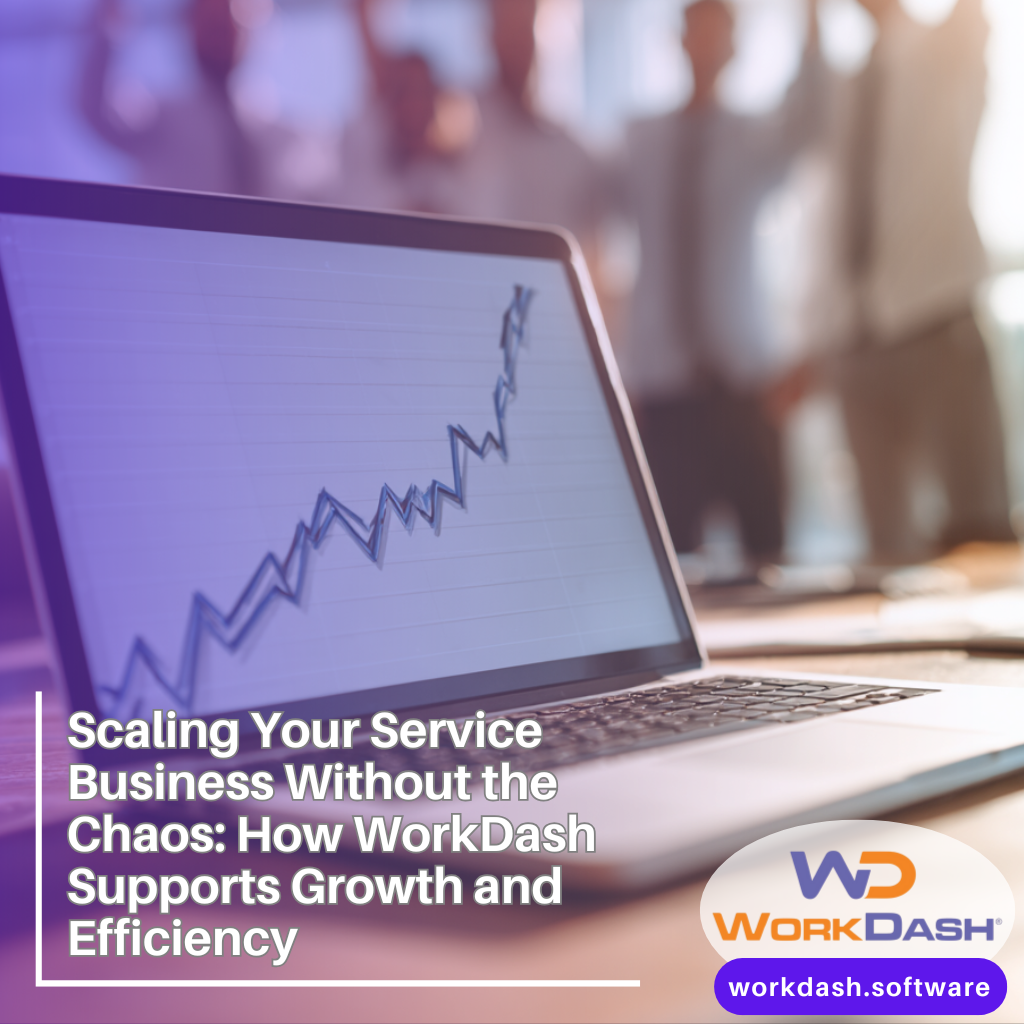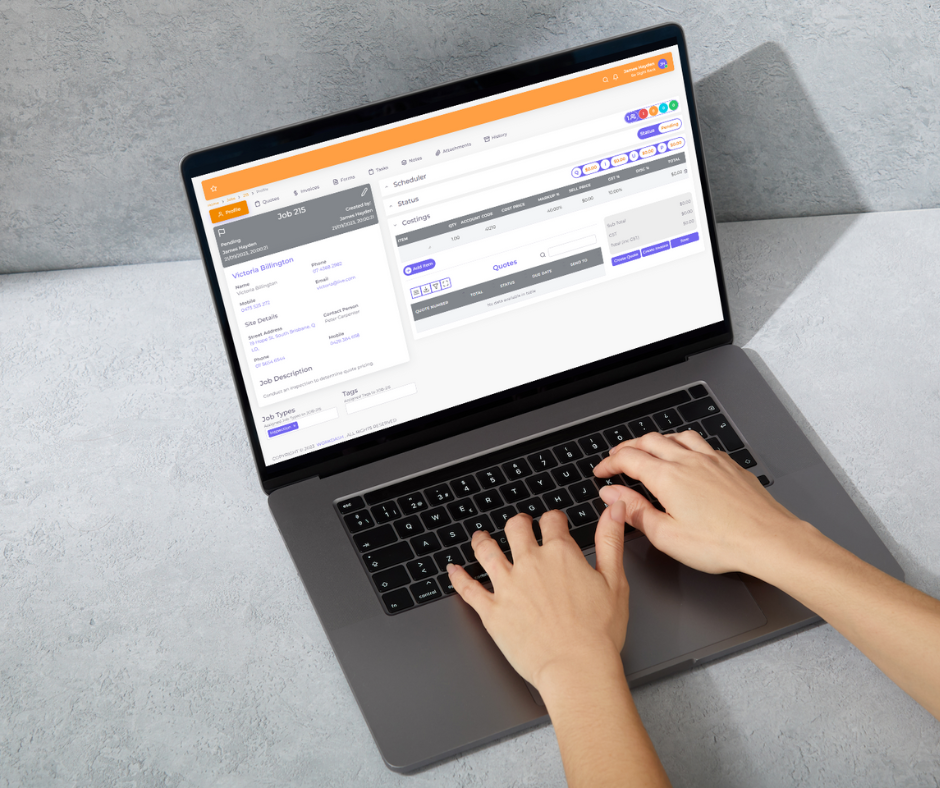Table of Contents
Data security is paramount in today’s digital business landscape, where sensitive information and personal data are constantly at risk of breaches. Robust data protection strategies are essential for small businesses and large organisations.
This guide delves into enhancing data security in business management software and offers insights into safeguarding your organisation’s most valuable assets.
What is Data Security?
Data security refers to the measures and practices that protect sensitive data from unauthorised access, alteration, or destruction. With businesses relying heavily on management software for data storage and workflows, implementing effective data security strategies is critical to ensure compliance with privacy regulations.
How Business Management Software Helps?
Modern business management platforms integrate security features such as encryption, secure data repositories, and access controls. By automating data governance tasks and centralising business data, these tools mitigate risks associated with manual processes.
The Protection of Personal Data
Why Personal Data Needs Protection?
Personal data, including customer data and employee details, is a prime target for cybercriminals. Protecting this data is not only a legal requirement but also a moral responsibility for organisations.
Security Features in Management Software
Encryption: Ensures personal information remains unreadable without proper authorisation.
Access Controls: Manage who can gain access to data repositories.
Authentication and Authorisation: Features like single sign-on (SSO) and multi-factor authentication (MFA) enhance security by verifying identities.
Best Practices for Data Protection in Organisations
When developing a Data Security Strategy, adopting a proactive approach to data protection is essential. Here are some best practices:
- Implement Access Controls: Limit data access to authorised personnel.
- Regular Audits and Alerts: Conduct frequent security audits and set up real-time alerts for unauthorised activity.
- Backup and Recovery: Regularly backup data to ensure quick recovery during breaches.
- Training Employees: Educate staff about risks of data breaches and best practices for data handling.
Compliance with Privacy Laws and Regulations
Using data privacy management software ensures your organisation remains compliant with regulations, reducing legal risks and building customer trust.
The Role of Data Governance and Management Systems
What is Data Governance?
Data governance involves establishing policies and procedures for managing data across its lifecycle. It ensures structured and unstructured data is secure, accessible, and used effectively.
Features of Effective Business Management Systems
- Centralised Dashboards: Offer a single source of truth for all data assets.
- Workflow Automation: Streamline business processes and workflows to reduce human errors.
- KPI Monitoring: Analytics tools track key performance indicators for security and efficiency.
Common Risks Associated with Data Breaches
Businesses face risks like phishing attacks, credential theft, and unauthorised access. These can lead to the exposure of sensitive data, causing reputational damage and financial loss.
How Business Management Solutions Mitigate Risks
Automating security updates keeps systems up-to-date with the latest protection measures.
Securely managing access permissions minimises the risk of data breaches.
Using cloud-based platforms ensures data is accessible yet protected with advanced security protocols.
Leveraging Technology for Long-Term Data Security
Automation and Analytics in Data Protection
Automation tools in modern management software simplify data governance by performing routine tasks like encryption and backups. Analytics features help identify anomalies and detect potential threats early.
Cloud-Based Management Platforms
Cloud-based management solutions provide a scalable approach to data security, ensuring your organisation’s data resides in a secure and compliant environment.
Choosing the Best Data Management Tools for Your Organisation
Key Features to Look For:
When selecting a management system, ensure it includes:
- Strong encryption protocols.
- Role-based access controls.
- Integration with compliance standards like PCI-DSS and HIPAA.
Benefits for Small Businesses
Small businesses benefit from affordable, scalable, and efficient tools that safeguard personal data while improving workflow efficiency.
Conclusion
Data security is not just about preventing breaches; it’s about ensuring trust, compliance, and operational efficiency.
With the right business management software, businesses can secure their personal data, streamline processes, and mitigate long-term implications of data breaches.
Whether you’re a small business or a large organisation, investing in the best data management tools is a step toward a safer, more reliable future.
Book a free demo with WorkDash now!





